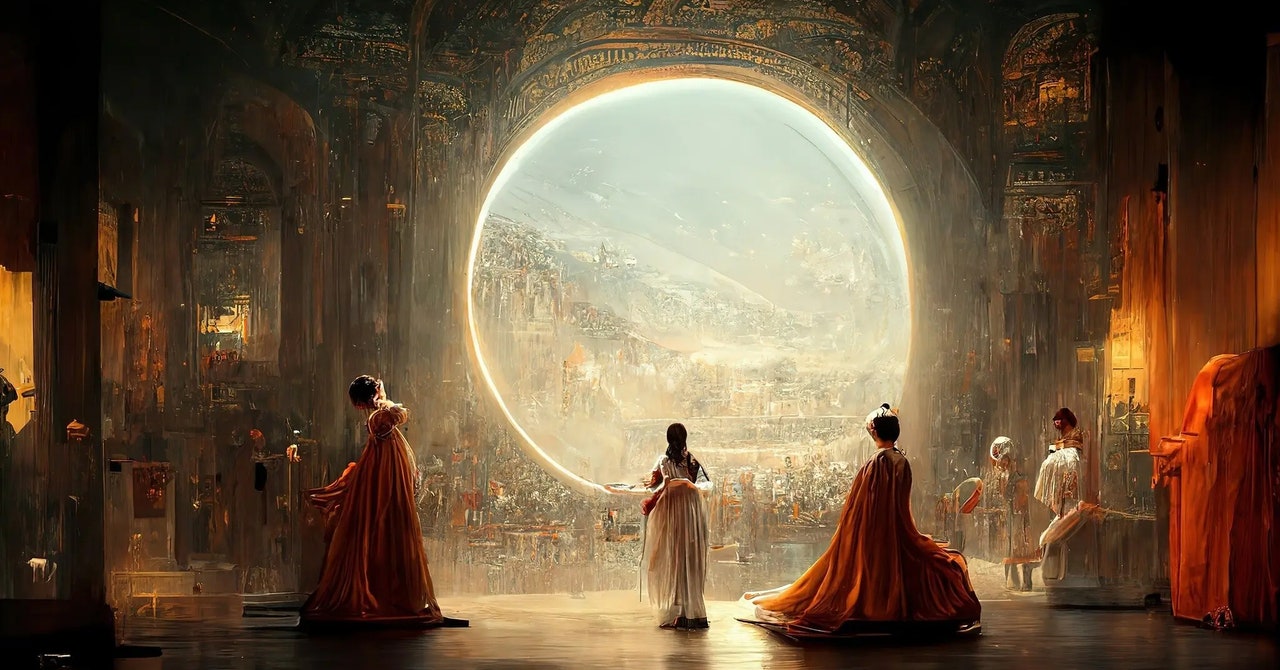- cross-posted to:
- technews@radiation.party
- cross-posted to:
- technews@radiation.party
Why This Award-Winning Piece of AI Art Can’t Be Copyrighted::Matthew Allen’s AI art won first prize at the Colorado State Fair. But the US government has ruled it can’t be copyrighted because it’s too much “machine” and not enough “human.”



I would agree. Right up until the guy pulled it into Photoshop to make tweaks, adjustments, and corrections.
We give copyright for much less.
Tweaks adjustments and corrections need a reference material. The raw AI image needs to be published first for his tweaks to be copyrightable. Anyone wanting to claim copyright on edits should produce the initial uncopyrightable image too.
but then that makes it not his original work and he shouldn’t be putting it in competitions.
The first half isn’t relevant under copyright law, you can publish edits to old public domain works without publishing the original, this is extremely common even by museums.
The second point is however completely fair
I mean more in the sense the you can make sense of what someone brings into the original art by comparing it with the original. And that’s what copyrightable or not. An edited AI art without its raw - where the generated image starts and someone else’s contribution begins is a black box.
I find this an interesting point. My understanding is that AI art just isn’t considered enough work on the part of the human creator, presumably because of the idea that you only need to come up with a prompt.
But at the same time, most photographs and videos are copyrightable even if you literally just pointed your phone at whatever without any talent at all. IIRC, the idea of photographs being copyrighted was originally a controversial one, but these days is generally accepted. As long as a human took the photo (and not, say, a monkey, as a famous case found).
Is pointing a phone and clicking a button more of a human contribution than coming up with a prompt? What about if they had to iteratively tune the prompt and mask out parts of the image? In my book, I’d say that’s more human contribution than many photographs.